How to Nurture Joyful Kids
By Kate Jerome
Humor is a hot topic these days! In large part because two very smart women, Jennifer Aaker and Naomi Bagdonas, have written a best-selling book called Humor, Seriously: Why Humor is a Secret Weapon in Business and Life. In the book, the authors make a compelling case that humor is one of the most powerful tools we have for accomplishing serious things.
I couldn’t agree more.
(There’s a reason our Little Bridges company has the tag line: **LOVE. LAUGHTER. LEGACY.)
That’s why it’s totally appropriate (even in the midst of a pandemic) to consider nurturing our children’s sense of humor. As Mary L Gavin says in her Kids Health article Encouraging Your Child’s Sense of Humor, “Laughing together is a way to connect, and a good sense of humor also can make kids smarter, healthier, and better able to cope with challenges.”
Whoa! Those are some serious paybacks!
You might’ve intuitively figured out that laughter helps a child deal with life’s ups and downs. But actual health benefits? It’s true! Research shows that laughter can reduce the level of stress hormones (think cortisol) and can increase valuable health-enhancing hormones (think endorphins).
In my view, anyone who has ever witnessed the (contagiously hysterical) laughing fit of ANYONE’s sweet baby knows exactly how this works.
So how do we coax that little sense of humor along? There are tons of internet articles on the subject with very good advice; but, after combing through so many of them, there are three points that stand out.
- Providing a supportive environment is key. That basically means we adults have to lighten up sometimes. There are so many pressures on our little ones to conform. But sometimes a bit of nonsense helps lighten the load. Tickling their funny bones helps children relax and a playful mood inspires creativity; and, dare I say it, even cooperation!
- A child can only laugh at what she/he understands. Funny faces can make a preschooler giggle. Sarcasm will not. It’s up to us to be sensitive to our child’s age and stage. A three-year old won’t listen to a stand-up routine but he sure will laugh at a pig on roller skates! Physical humor with silly language often delights even the youngest among us.
- We adults are the models. No surprise here. When we laugh out loud we are showing our kids that the world can be a joyful place. Every child loves a funny story that we tell on ourselves, too. It’s a great way to build confidence and self-esteem by example.
Of course we have to set boundaries. Mean-spirited and off-color jokes are never appropriate. And if someone laughs inappropriately at someone else, it’s always our responsibility a) NOT to laugh and b) to take the time to explain to children why we aren’t laughing. Trust your gut and give the guidance when needed.
Humor is a social activity. (That’s why you laugh harder with people at a funny moment in the theater rather than by yourself on the couch). So reveling together in laughter with your children and grandchildren can lead to a more joyful, happy household for everyone. Bottom line? A shared sense of humor helps build the family bonds that are essential during tough times so feel good about making laughter a big priority on your “to-do” list!
Have fun building meaningful connections with a Grandma & me activity kit from Little Bridges.




